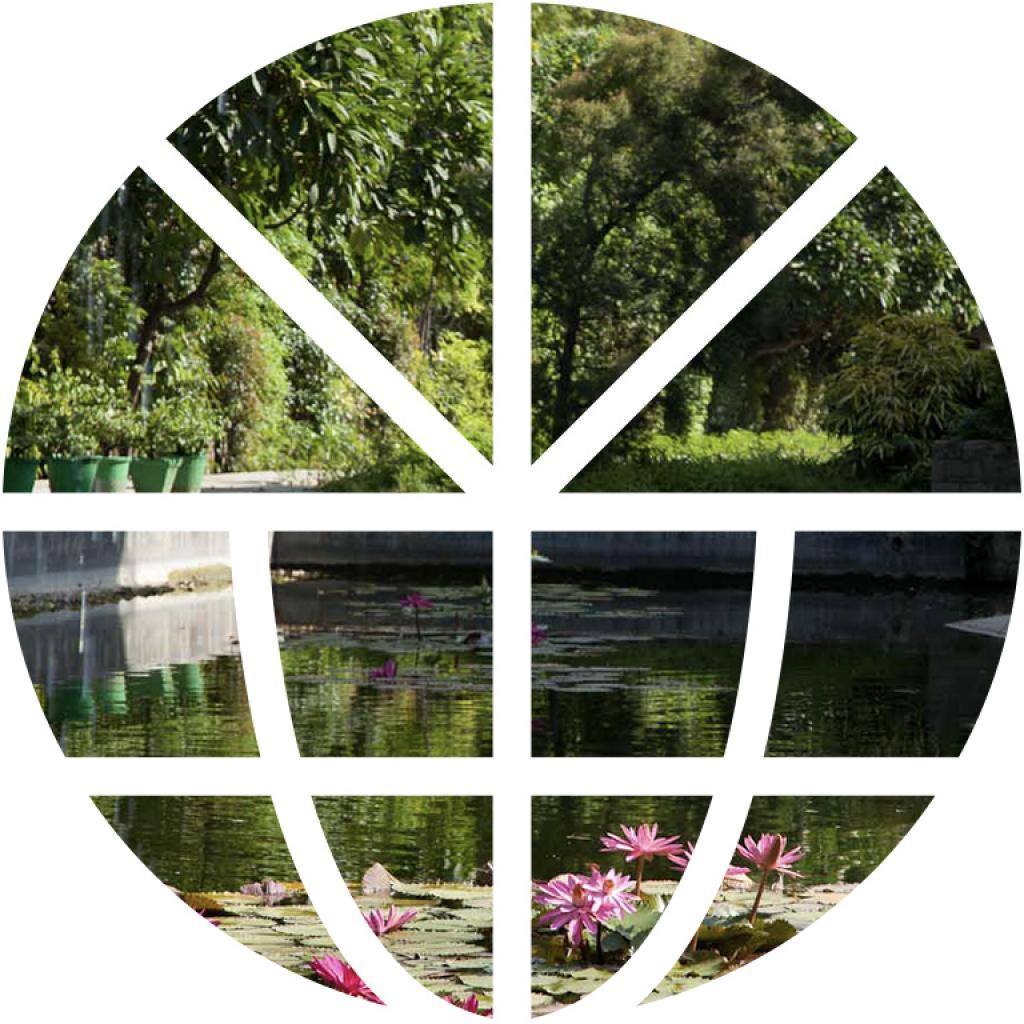The Canvas Askew: Conversations between history and psychiatry
A conversation between Indivar Kamtekar, Associate Professor, Centre for Historical Studies, Jawaharlal Nehru University; Kaushik Sinha Deb, All India Institute of Medical Sciences; Sanjeev Jain, Emeritus Professor, NIMHANS; and Alok Sarin, Consultant Psychiatrist, Sitaram Bhartia Institute of Science and Research
Moderator: Ananya Mahapatra, Baba Saheb Ambedkar College and Hospital
The panel will explore the intersections between history and psychiatry, and also mark the formal launch of the website The Canvas Askew which is a compilation of the writings of Sanjeev and Alok about the intersections of mental health and history







